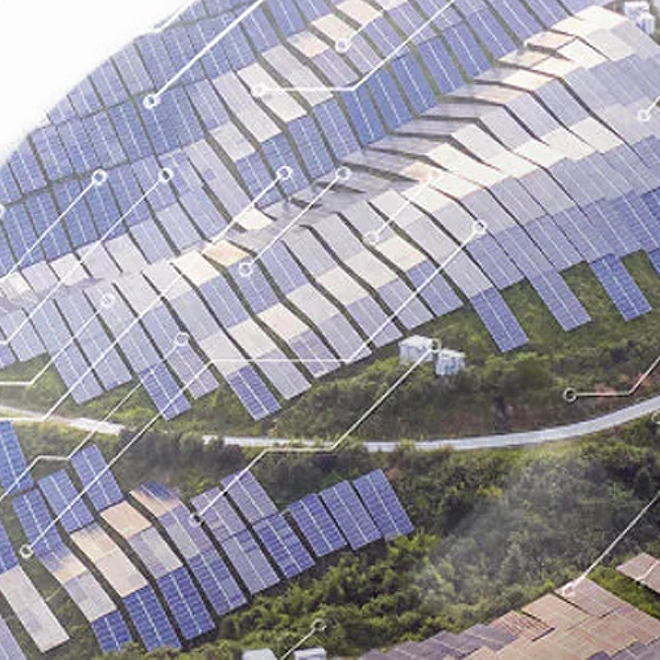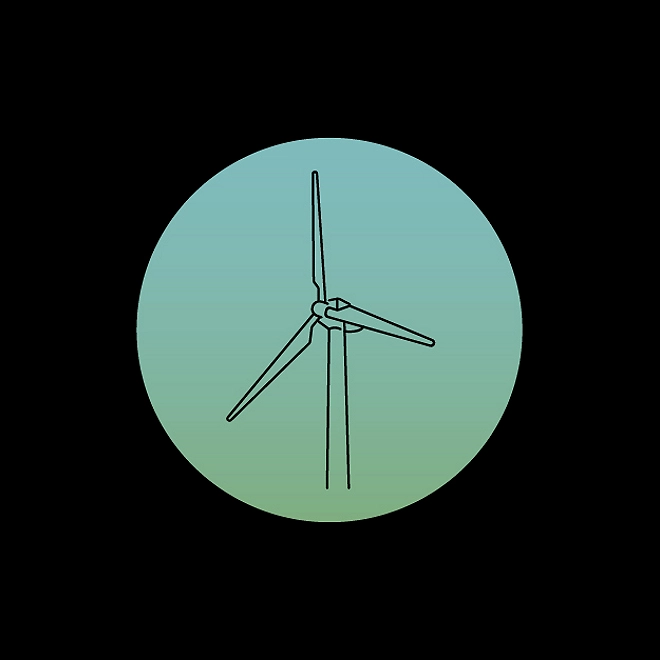Work toward net zero in Asia Pacific
The rise of the Green Collar workforce in a just transition
This article was first published by Deloitte global
The global struggle against climate change must be fought - and won - in Asia Pacific.
How countries act individually and collectively to support workers to adapt, contribute and thrive as our economy transforms will be the difference between success and failure, and one of the biggest determinates of equality in the coming decades.
Today, 43% of the Asia Pacific workforce is employed in industries that are vulnerable to climate extremes and the economic transition to net zero. But if countries seize the decarbonisation opportunity through an active, coordinated net-zero transition, they could add $47 trillion to the region’s economies by 2070 and create 180 million jobs by 2050.
We have a narrow window of time to protect our planet and the prosperity of future generations. How do we make the workforce transition, work for all?
The impact of climate change on the Asia Pacific workforce
Asia Pacific has much to gain from investing in green innovation and decarbonisation, and perhaps the most to lose from inaction. As one of the most physically exposed regions of the world, the increasing frequency of climate-related disasters is causing immense suffering and vast damage to our communities, ecosystems and infrastructure. Yet, with 43% of the region’s workforce employed in industries that are vulnerable to climate extremes and economic transition impacts, a poorly planned net-zero transition could perpetuate inequalities and curb growth.
Countries must strike a delicate balance to ensure the transition takes place at the optimal pace and scale to achieve the greatest possible economic growth and job creation, while mitigating climate impacts and costs to vulnerable workers.
The rise of the Asia Pacific Green Collar workforce
With abundant natural, human and technological capital, Asia Pacific is uniquely positioned to build and scale the solutions needed to solve the world’s most pressing climate challenges.
Our region has some of the world’s brightest talent and a skilled Green Collar workforce is starting to emerge. In fact, Deloitte estimates 80% of the skills needed for the low emissions transition in the short-to-medium term already exist in today’s workforce. To meet demand in emerging areas of opportunity, Asia Pacific leaders must take a proactive and dynamic approach to skills development and labour mobility. By making the transition work for all, Asia Pacific countries can take global leadership on climate change and create 180 million jobs by 2050.
Securing a just transition
As Asia Pacific transitions to net zero, we must ensure the costs and benefits of change are equitably distributed. If done right, a just transition offers immense opportunities to build resilience and unlock sustainable, inclusive growth. Careful planning is needed to protect workers whose jobs are disrupted and support them to adapt, upskill or transition into higher value employment pathways.
In a region as diverse as Asia Pacific, every country has a different starting point and unique challenges. Overcoming these will require bold commitment and radical collaboration across borders and industries. We have to cross the finish line together – or we all lose.
How governments can lead the workforce transition
The decisions Asia Pacific leaders make over the next decade to tackle climate change will be felt across the world. A focus on green skills can chart the path to climate-resilient growth and shared prosperity.
Governments must partner with businesses, education and training institutions to ensure that, as the transition unfolds, the right skills are available at the right time. Proactive public policy and social protection systems will be critical in supporting vulnerable workers to adapt and contribute to the economic transition – and ensure no one is left behind.
Setting a Green Collar workforce policy agenda
The Deloitte Economics Institute has developed a Green Collar workforce policy agenda to guide Asia Pacific leaders on how to accelerate decarbonisation, while supporting industries and workers to adapt to the transition and ensure equitable opportunities for all citizens.
Throughout this analysis, we have included examples of ongoing regional green skills initiatives to demonstrate the power of collective action to protect our planet and the prosperity of future generations. If we act together now, it is still possible to influence a sustainable future where the benefits far surpass the cost.
The Deloitte Job Vulnerability Index
No country, industry, or job is without job vulnerability, but some countries have a significantly higher level of risk compared to others. In Asia Pacific, climate risk is the major driver of workforce vulnerability.
The Index indicates relative “job vulnerability” based on an Asia Pacific country having the most to lose (economically and socially) if policy does not mitigate both climate change impacts and the costs from the economic transition to net zero.
To see the full index, download the global publication on the global site.





